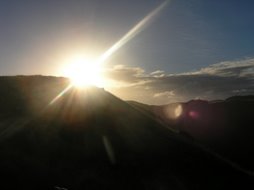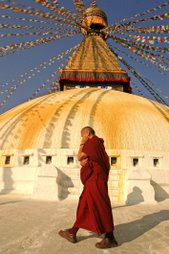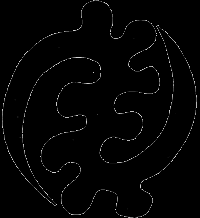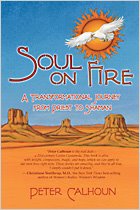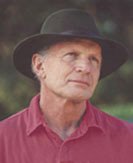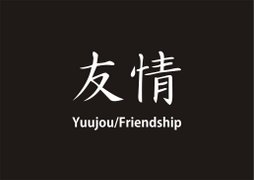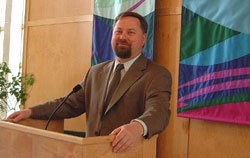What are the differences between us and awakened individuals?
Most of us identify ourselves with our bodies. We think that we are the body but the self-realized know that we have a body, just as we have a car, or a house or any other material object.
Most of us believe that we are our emotions. Awakened individuals know that these emotions just rise inside us, like the wind or storm.
We sometimes believe that we are the roles that we play in society: like mother, father, teacher, manager, writer, doctor, sister or brother. Awakened individuals know that we have roles like actors who play their parts but are quite different from the roles that they play.
Most of us believe that we are our thoughts. Awakened individuals know that we have thoughts and we are separate from our thoughts.
Most of us believe that we are our stories. For example, those who have suffered trauma are often attached to the experience and believe that they are the story.
Awakened individuals know that their stories are separate from who they truly are.Most of us think of ourselves as if we are separate from others. Awakened individuals know that we are one with everyone and the whole universe.
Most of us often think of the past and the future as real. Awakened individuals know that the past and future are convenient labels but are not real. There is only the eternal now.
Most of us depend on material things to define our identity. Awakened individuals have little or no attachment to material things.
